Jane Weaver viendra donc en France dans quelques semaines pour défendre son nouvel album et jouera à La Maroquinerie avec Bertrand Burgalat. Entretien depuis l’espace avec Weaver.
Tu vas jouer cet été au The Skeleton Coast Festival qui est organisé le label Skeleton Key Records. Quelle est ton histoire avec les frères Skelly (The Coral), les fondateurs de ce label ?
Jane Weaver : Je suis une grande fan des Coral.Ils ont toujours gardé une écriture de qualité bien qu’ils aient eu du succès quand ils étaient jeunes. J’ai beaucoup de respect pour eux. Je pense qu’aujourd’hui les gens sont plus connus grâce aux réseaux sociaux que pour leur écriture. Ils ont fait du beau boulot avec les Sundowners et leurs labels. Mon mari, Andy Votel, a remixé quelques morceaux des Coral et a fait certains arrangements sur le nouvel album des Sundowners.
Discographie
Jane WeaverJane Weaver – Slow Motion
Tu viens de Liverpool. C’est important pour toi ? Quels sont tes groupes préférés de Liverpool ?
Jane Weaver : Je suis fière d’être née à Liverpool et mon héritage musical vient en grande partie de cette ville. C’est un endroit adorable. J’ai grandi en écoutant les Beatles. En vieillissant, je me suis mise à écouter les The La’s, Teardrop explodes, Icicle works et des choses plus contemporaines comme The Coral, Stealing Sheep, All We Are, The Sundowners, etc.
Pourquoi as-tu appelé ton nouvel album Modern Kosmology ?
Jane Weaver : Je voulais un titre audacieux similaire à celui d’un livre ou d’un cours universitaire. Le disque explore les thèmes des canaux de la créativité. Je me suis intéressée à la façon dont les gens ont des idées et pourquoi ils les obtiennent. Certaines personnes voient des chansons visuellement mais certaines d’entre-elles (les chansons) sont difficiles à transposer musicalement. J’ai également été influencée par l’artiste abstraite suédoise Hilma af Klint. Au début des années 1900, elle a produit des peintures qui comportaient des codes et des symboles. Elle avait aussi une société secrète, ce qui est toujours une chose intéressante ! Elle a gardé son monde privé et n’a pas permis aux gens de voir ce qu’elle faisait, peut-être parce que son travail était trop expérimental pour son époque. Elle utilisait une combinaison de faits scientifiques et de futurisme.
Pourquoi as-tu produit ton disque ?
Jane Weaver : Je produis toujours mes albums. Pour enregistrer un album, il te faut 10 ou 12 chansons. Cela peut-être parfois très stressant et épuisant. Je fais donc des démos et je fais de nombreux enregistrements pour être sûre d’avoir le bon résultat. Parois, il faut attendre la dernière minute pour que je sache dans quelle direction ira l’album. Je travaille donc énormément, j’écoute de nouveaux artistes… J’ai utilisé le même studio que précédemment, je connais donc bien l’équipement que je dois utiliser. Certains équipements du studio sont assez vieux ce qui est agréable. J’aimerais être assez courageuse pour enregistrer un album en 2 semaines mais je n’y arrive pas. Je dois prendre les choses comme elles arrivent, les écouter, les travailler de nouveau. Cela me prend toujours beaucoup de temps et de réflexion.
Comment as-tu rencontré Malcolm Mooney?
Jane Weaver : C’est un ami. Lui et mon mari se connaissent depuis longtemps. Nous le voyons dès qu’il est au Royaume-Uni. Comme il était dans le secteur, je me suis dit que ce serait bien d’avoir sa voix sur une chanson. J’ai donc enregistré une démo très difficile à la maison afin de lui envoyer quelque chose. J’ai dû dire : « C’est une démo très difficile… Mais je suis sûre que l’idée fonctionnera bien ! ». Il a été formidable.
Quel est ton meilleur souvenir lié à l’enregistrement de cet album ?
Jane Weaver : Je pense que l’enregistrement d’un album n’est pas nécessairement une expérience confortable. Vous êtes comme dans une scie sauteuse. De merveilleux moments se produisent… Il faut pour cela des machines et des effets. Tout d’un coup fait un son ou une prise vocale rend l’instant merveilleux. C’est quelque chose de spontané. C’est également essentiel de s’assurer que toute personne qui entre dans cet environnement peut travailler avec toi. J’ai de la chance : tous les ingénieurs et les musiciens qui ont travaillé avec moi sont bons. Je pense que mon moment préféré pourrait être lorsque nous avons fait le mix de Ravenspoint. J’ai été tellement focalisée dessus qu’il m’a rendu folle. Mon guitariste, Pete, joue de la batterie dessus. J’avais déjà enregistré des percussions. A cela s’est ajoutée la voix de Malcolm et des violons : le tout a sonné de manière très puissante.
Tu le perçois comment ce disque ? Comment le situes-tu par rapport aux autres ?
Jane Weaver : Je voulais que ce disque soit une progression par rapport au précédent. Je voulais quelque chose de plus audacieux et qui possède une communication plus claire. Je voulais d’abord écrire un disque de protestation en raison de tous les évènements médiatiques, du chagrin que t’apporte les informations et l’incertitude qui en découle. Je pense que mon écriture reflète parfois cela. C’est quelque chose que tu ne peux pas ignorer. Ce sentiment s’infiltre dans tous tes faits et gestes. À la production, j’ai pris des décisions différentes que le dernier enregistrement, tout en conservant une instrumentation similaire. J’ai utilisé plus de guitares sur ce disque et probablement moins d’écho. Je voulais que le disque soit clair et plus futuriste. Ma voix est aussi plus forte dans le mix final. Elle a une présence différente.
As-tu abandonné des chansons au cours de l’enregistrement ?
Jane Weaver : Oui ! Beaucoup ! Au départ, j’ai enregistré des choses qui sonnaient très garage. Et puis j’ai tout changé. J’ai acheté de nouveaux claviers qui ont détruit le ton de ce que j’avais initialement commencé. Mais c’était vraiment un bon accident. Il faut en avoir de temps en temps. Et puis à un moment, je me suis dit qu’il été temps d’enregistrer.
Lis-tu les critiques de tes disques ? Dans quel état d’esprit te trouves-tu quelques jours avant la sortie de cet album ?
Jane Weaver : C’est bien sûr agréable de voir que les gens disent des choses intéressantes sur ton disque. Mais quand tu as passé beaucoup de temps et que tu as dépensé énormément d’énergie sur un projet, le disque n’est au final que la partie émergente de l’iceberg. Cet objet va devenir un concert et cela m’excite beaucoup. Nous sommes, à l’heure actuelle, en train de concevoir cette partie et nous nous assurons que ces concerts vont retranscrire le disque. Si tu analyses trop les choses, cela t’empêche d’être créatif. J’aime donc rester dans ma bulle. La créativité vient des remous et des vagues… Tout le monde a son opinion dessus.
Jane Weaver – Modern Kosmology (Spectral Lines)
Quelle est ta chanson préférée de ce disque ? Pourquoi ?
Jane Weaver : H>A>K est mon ode à l’artiste Hilma af Klint. Pour cela j’ai utilisé un Moog mini pour rendre la chanson et son cœur très rythmés… Et pour lui faire prendre vie vers la fin comme le monstre de Frankenstein. Elle donne le ton du disque. Après l’avoir écrit ça, j’ai réalisé Était une partie importante du puzzle. Je suis également allé à l’île d’Anglesey, qui a une histoire très ancienne pour y écrire les paroles. J’y suis allée seule pendant trois jours, je m’asseyais sur les rochers quand j’allais à la plage et je pouvais ainsi ressentir les éléments. J’essayais de me connecter avec eux pour écrire.
Modern Kosmology de Jane Weaver sera disponible le 19 mai 2017 via Fire Records.
Jane Weaver jouera le 2 juin 2017 à La Maroquinerie (Paris) pour la Gonzai Night. Les places sont disponibles via ce lien.
English text
You will play at The Skeleton Coast Festival this summer. How did you meet the team of Skeleton Key Records? What’s your « story » with The Coral and the Skelly brothers?
I’m a big fan of The Coral. Always have been, they became successful at a relatively young age, they still maintain quality to their song writing that has always been beyond their years, I have a lot of respect for them, I think like most people these days we initially became acquainted on social media and
and its been lovely working with The Sundowners who are also related to members of The Coral and on the label, so we’ve gigged together and my husband Andy Votel has also remixed The Coral and done some sound decorating on The Sundowners new album.
You are from Liverpool. It’s important for you? What are your favorite scouser bands?
I am proud that I was born in Liverpool, my heritage is predominantly scouse it’s a place I genuinely love, I grew up listening to the Beatles like everyone else, when I was older I would listen to The La’s, Teardrop explodes, Icicle works, contemporary stuff now by The Coral, Stealing Sheep, All We Are, The Sundowners etc…
What’s the reason behind the title of your new album » Modern Kosmology »?
I wanted a bold title that sounded like a book or university course or study, the record explores themes of channeling creativity and I am interested as how and why people get their ideas, some people see songs visually, ike a painting, but then some songs are difficult and not as easy to translate and get out of your head, so it was talking about that. I also was influenced by the Swedish abstract artist Hilma af Klint from the early 1900’s she using channeling and séances to produce paintings that also featured codes and symbols, she also had a secret society which is always an interesting thing! She kept her world private and didn’t let people see what she was doing, maybe because her work was very experimental for the time utilising combination of scientific facts and futurism.
Why did you produce yourself this album? It was an easy recording process?
I produce my own stuff anyway, recording an album or what it takes to get to the end product of 10 or 12 songs can be very consuming and sometimes stressful, I normally demo and record a lot more than I have to to make sure I get the right result, sometimes I don’t know exactly what will make it to the album until the last minute but I make sure I do a lot of work, I don’t really listen to much other new music when I’m recording because I want to concentrate on what is in my head. I’ve used the same studio for the past few years and so I’m familiar with a lot of the equipment there that I need to use, some of it is old and has history to it, which is nice.
I would love to be brave enough to record an album in 2 weeks, but this doesn’t happen for me, I have to record and then take things home for a while and listen to them then go back to it, so it does take a long time, lots of thought!
How did you meet Malcolm Mooney?
He is a friend, Malcolm met my husband a long time ago, and we see him whenever he is in the UK,
he was coming over so I thought it would be nice to get some of his voice on a song, I recorded a very rough demo at home so I could send him something, I had to say ‘this is a very rough demo ..but I’m sure the idea will work out good!’ he was fine, and great to work with.
What’s your best memory about this recording process ?
I think, recording an album is not necessarily altogether a comfortable experience at the time because you do feel in the middle of a jigsaw, but then wonderful moments happen, its in the nuances and it may be a certain piece of machinery or effects unit that all of a sudden makes a sound or a certain spontaneous thing or a vocal take, its also essential to make sure anyone who comes into this environment is easy to work with and I am lucky that everyone I work with are really good engineers or musicians. I think my favourite moment could be when we were mixing Ravenspoint because I did so much tracking it sounded crazy, Pete (the guitarist) play the drums against the percussion and drum machine that I’d already recorded and when we mixed the violins with Malcolms voice and it sounded really powerful, definitely a moment.
How do you see this new album, what is your feelings about it -sonically speaking- (especially compared to your other albums)?
I wanted it to be a progression from the last record, maybe a bolder move and clearer communication. I initially wanted to write a protest record because of all the upsetting things going on in the world, grief stricken at the news and uncertain why these things are actually happening, so I think my writing sometimes reflected this, its not something you can ignore, it seeps into what you are doing at the time anyway.
Production wise I made different decisions than the last record, whilst still keeping some similar instrumentation
I used more guitars on this record and probably less drenching of space echo, I wanted it to feel clearer and more futuristic, my voice is also louder in the mix, more digital delay, different panning etc so sonically it had a different type of presence.
Did you abandon some songs during the recording process?
Yes! a lot, at first I recorded more garage sounding band songs but then changed stuff, I bought some new keyboards which then unhinged the tone of what I’d initially started with, it was a happy accident really, and also you have to have some time to switch off to what’s going on around you it takes a while to settle into recording an album for me and suddenly one day I feel like I know what’s going on.
Do you read the reviews ? What are your feelings about them, and about this album ?
Its nice for people to say nice things about the record of course, when you have spent so much time and energy on a project, but the album is only part of it as it becomes then the live show which I’m really excited about, so we are just designing this part now and making sure it translates via performance.
In the grand scheme of things creativity comes in waves and everyone’s opinions about this too, if you analyse things too much it takes away from being creative anyway, I like to stay in my bubble really.
What’s your favorite song of this album? Why?
H>A>K is my ode to Hilma af Klint the artist, I used a mini moog at the heartbeat of the song like it was pulsating and coming to life towards the end like Frankensteins monster, it sets the tone of the record and after writing this I realised it was an important part of the jigsaw puzzle.
I also went to the Island of Anglesey, which has lots of ancient history to write the lyrics for this and was on my own for 3 days, I would go out to the beach and sit on the rocks and feel the energy of the elements and try and to connect this with what I was writing about.
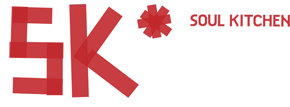
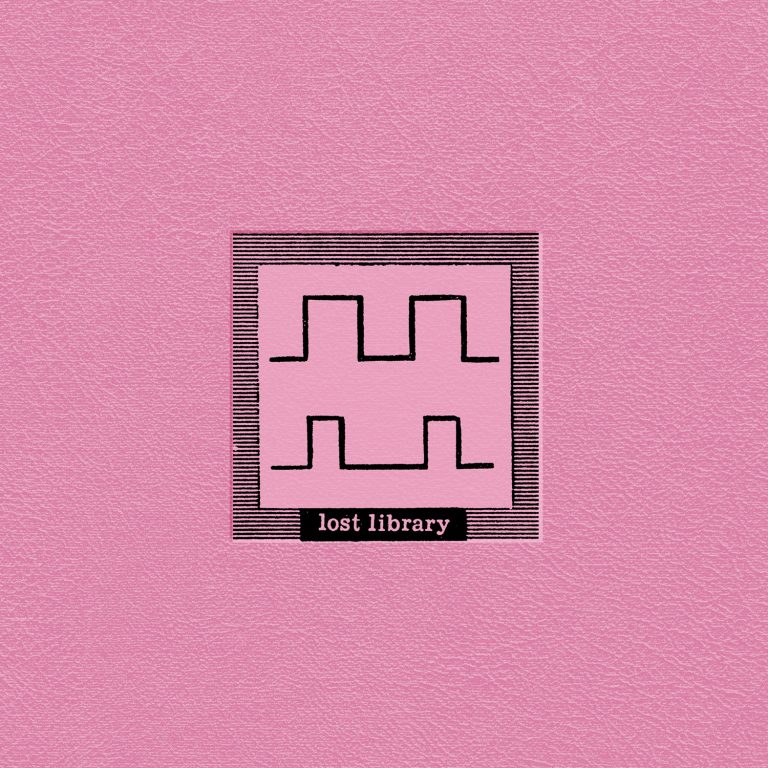
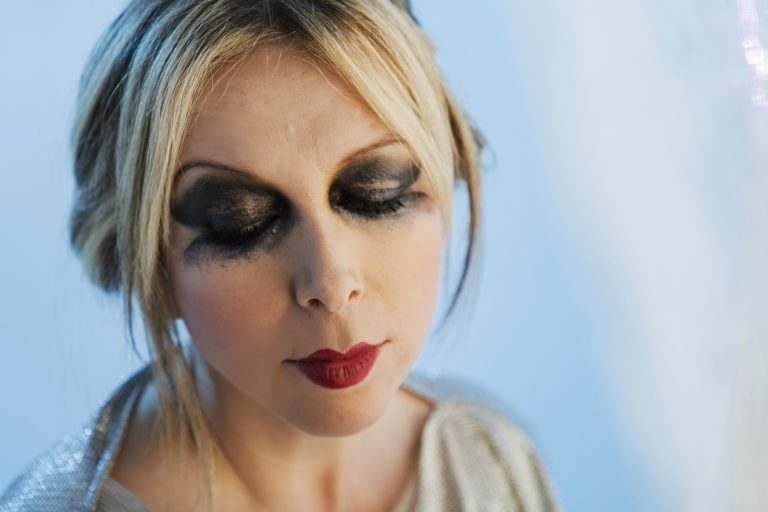
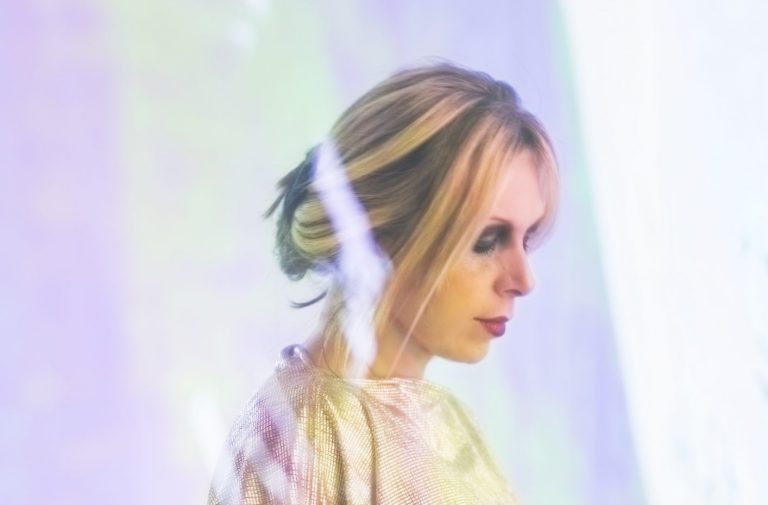
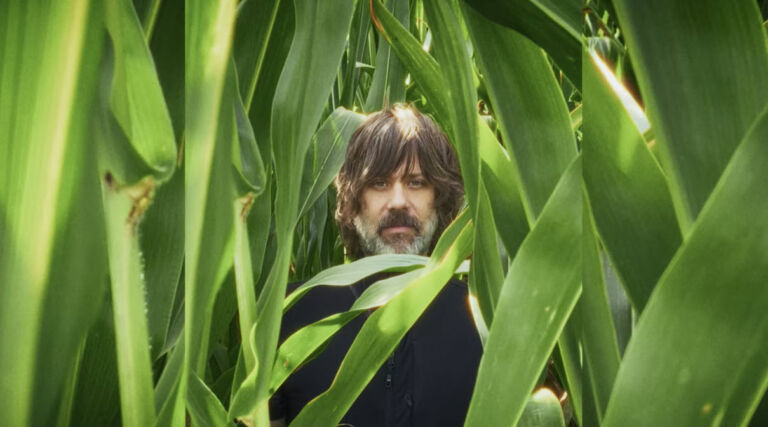
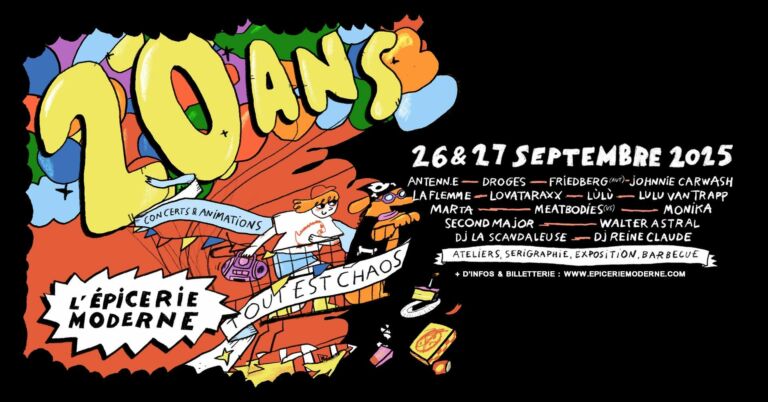
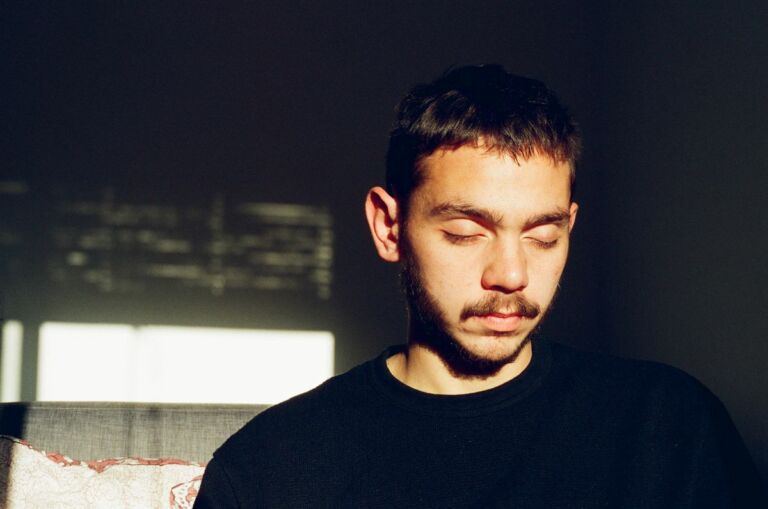
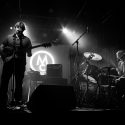 Le joli vacarme de Michel Cloup Duo
Le joli vacarme de Michel Cloup Duo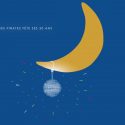 Bon anniversaire La Lune des Pirates !
Bon anniversaire La Lune des Pirates !